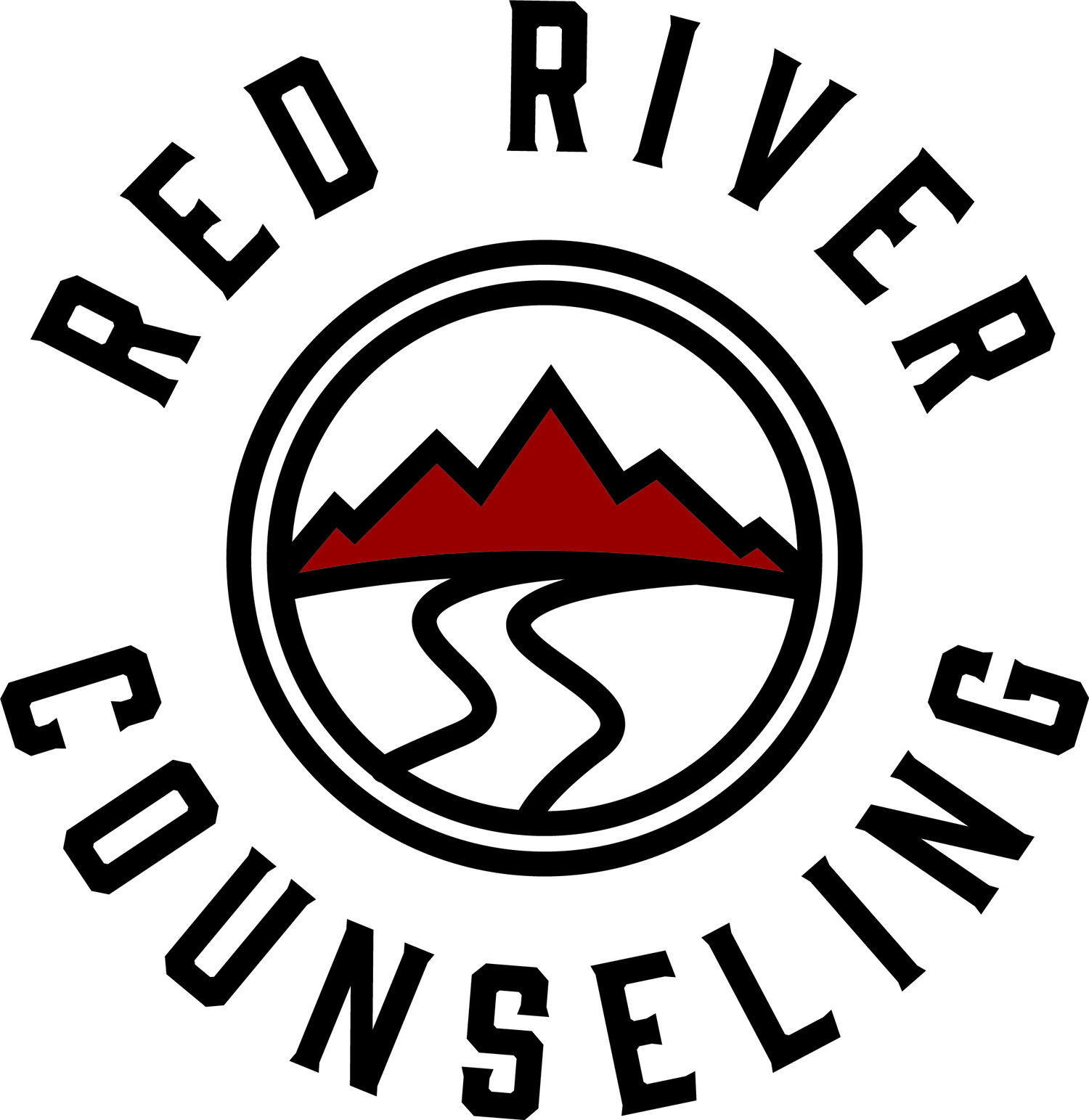You CAN trust your emotions
/Why do we give the advice that you ought not trust your emotions?
I understand the sentiment. Like, when you’re angry, don’t ‘trust’ that your anger allows you to react in whatever way you deem fit in the moment…if you feel aroused, don’t ‘trust’ that you should have an affair…or if you feel scared of someone, don’t ‘trust’ your impulse to punch them and run away.
But that’s not really ‘trusting your emotions’ in the first place. That’s just reacting with very little self-awareness.
So…what do we even mean by the word ‘emotion’?
Most of us probably equate emotions to emoting. For instance, almost every southern guy who comes into my office tells me he’s not an ‘emotional guy’, but what he means by that is that he doesn’t emote very well or very often. I tell these guys that unless they’ve had a lobotomy (which maybe some have?) then they have a whole chunk of brain that is ‘emotional’. More often than not, he’s able to show anger, but is scared to show fear, sadness, or desire. Most of us were taught that it’s okay to show certain emotions, but not okay to show others. For most guys, anger was fine but tears were off-limits.
Emoting is not emotion, but is the reaction to an emotion.
Others tend to see emotions as some sort of highly energized and immature thought. As if there are ‘rational’ thoughts and ‘emotional’ thoughts, or mature thoughts versus immature thoughts. But this is also a misunderstanding of emotion. I hate to break it to you, but you don’t have thoughts disconnected from emotion (again, unless you’ve had a lobotomy). Your brain isn’t wired in such a way that emotions and thoughts are totally disconnected, as if there are two separate paths towards making a decision or holding a belief.
Your brain is much more like an interwoven web of thoughts and emotions, where every thought triggers emotions, and emotions trigger thoughts, all of which are informed by your past experiences. You can’t untangle them, nor would you want to.
The simplest way to understand emotions are to see them as telling the truth on your thoughts.
Emotions emphasize what you already believe, based on what you’ve already experienced.
Whether or not that belief is true is worth investigating. Your emotions though, aren’t in and of themselves misguided or immature, although your reactions to them may be.
So…why should we trust our emotions?
Honestly, I think we have come to use the word ‘emotional’ to explain away the parts of us that are mysterious or that we’re uncomfortable with. Rather than facing up to the fear underneath our anger (and for men at least, anger is typically a response to fear, confusion, or sadness), we feel safer if we blow up and everybody leaves us alone. We don’t trust our emotions to tell the truth on us, we just ignore them and/or react foolishly because of them. If we trusted our anger, we could come to understand what our anger reveals about ourselves, our fear, sadness, and confusion.
Or, instead of dealing with the complicated emotions that stir up when we feel aroused by someone we’re not supposed to be aroused by, we just try to put a lid on it and hope those feelings go away. But what if you trust your emotions? What truth are they telling you about yourself? Maybe the strong emotion of arousal is telling you that you deeply need intimacy. In this situation, it may be unwise to seek intimacy with the person you feel aroused by, but that doesn’t mean your need for intimacy is wrong. Just because we feel something, doesn’t mean we have to act on it, but we would be wise to pay attention to what it’s telling us. Trusting our emotions means precisely that. When we feel something, we trust that feeling enough to learn what truth it is telling us about ourselves.
Or, if there is a certain type of person that always creeps you out or puts you on edge, your emotions are telling you that you feel unsafe around this type of person. Feeling unsafe is true for you, you can trust that. But, you’re responsible for digging into WHY you feel unsafe. Maybe your radar for unsafe people is turned up a bit high, or maybe it’s just right….maybe your past experiences are telling you that this person appears to be unsafe – so keep your distance. Again, you don’t have to immediately act on these emotions, but they are telling you something about yourself and others which you would be wise to learn from.
Trusting your emotion is like trusting friends who have known you your whole life - when they tell you something about yourself, even when you don’t like it, listen up and learn from them. They may be telling you something you want to disagree with, but until you reckon with it, you’ll be living as if it’s true.

